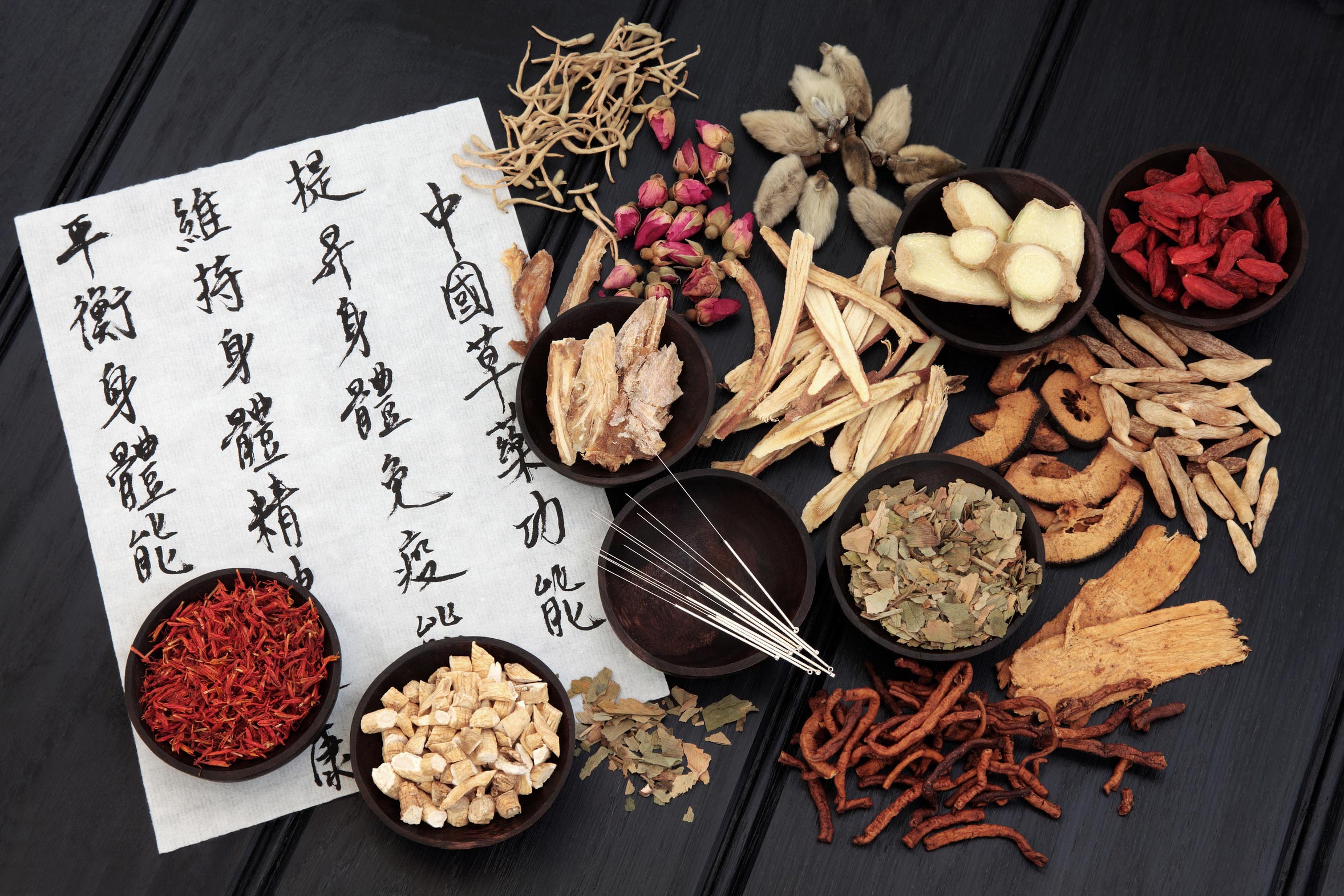The Chinese herbs medicine teachings mainly use parts of plants (roots, barks, flowers and leaves), but also minerals and some animal products. They have an application tradition in China that is up to 2000 years old. Today, of course, the protection of species and scientific knowledge must be taken into account. Protected species from the animal and plant kingdom or poisoning substances are no longer used. A principle of Traditional Chinese medicine is the realization that the whole is more than the sum of its parts. That is why individual herbs and substances are usually combined with each other.In this way, desired effects can be mutually strengthened, undesired effects can be canceled or alleviated. Each patient receives a prescription that is individually tailored to him and his illness. Basically there is no reservation of use against Chinese medicines. However, the selection, composition and dosage must be reserved for the experienced therapist. Self-medication is strongly discouraged. The therapist will adapt their dosage and composition to the age, body weight and the health conditions of the patient. If other medications are also taken, the practitioner must always be informed about this in order to rule out intolerance.
Therapy with Chinese herbs

Use of Chinese medicine
Chinese medicines are traditionally taken in the form of decoctions, which means that the mixed raw drugs are boiled in water and drunk as tea.In addition, there are also administrations as diluted extracts, dissolved granules and powders as well as pills and alcoholic drops. Ointments or hip baths are used for external use. The patient receives detailed instructions on how to prepare and take the prescribed prescription. Chinese medicines are usually taken daily. The mode and duration of administration depend on the severity, type and duration of the disease. The patient is examined regularly to ensure that the selected formulation remains effective. If necessary, the recipe is adapted to the course of treatment..
More informations
In individual cases, physical reactions can occur after taking the recipe. In some cases, a drainage via stool or urine is sought. This can lead to increased urination or bowel movements. This happens in the sense of therapy. At the beginning of treatment, nausea, increased bowel noise and bloating can also occasionally occur. Please always inform your therapist about any side effects that may arise.
Chinese medicines in Germany have to be checked for quality and pollution by the pharmacies that supply them. The pharmacological expertise of the pharmacy ensured quality and excluded contamination. From a self-reference of Chinese herbs e.g. Foreign companies via the Internet are therefore not advisable because the compliance with German quality standards cannot be checked.
For legal reasons, we would like to point out:
Like most naturopathic treatments, Traditional Chinese medicine is not recognized by conventional medicine in its various forms of therapy. It is not part of the general medical standard. Scientific evidence has not yet been sufficiently provided and the effectiveness has not been adequately secured and recognized..

